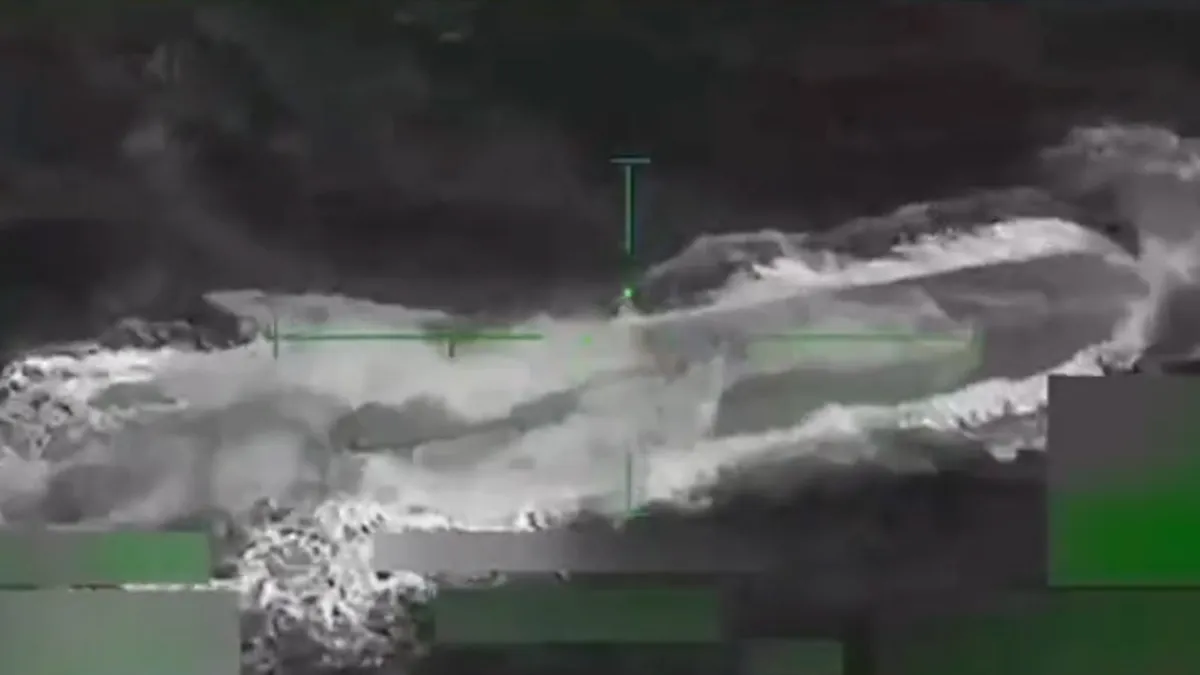
President Donald Trump has confirmed that two survivors from a recent U.S. military strike on a vessel in the Caribbean Sea, suspected of trafficking drugs, will be sent back to their respective home countries. This significant development was shared on Trump's social media platform on Saturday afternoon, highlighting the ongoing efforts to combat drug trafficking in the region.
The vessel in question, identified as a submarine, was reportedly carrying a substantial cargo of fentanyl and other illegal narcotics. This operation marks the sixth military strike on drug trafficking vessels in the Caribbean since the Trump administration intensified its operations during the summer. The administration argues that these actions are crucial to curbing the influx of illicit drugs into the United States.
By repatriating the alleged drug traffickers to their home countries—Ecuador and Colombia—the administration sidesteps what could have been a complex and potentially contentious legal battle. This move is seen as a strategic decision to uphold Trump's ongoing “war” against the cartels without facing challenges in court. Under current law, unarmed combatants held in military custody have the right to contest their detention in judicial proceedings.
President Trump has consistently maintained that he possesses the legal authority to use lethal military force against drug cartels, equating them to terrorist organizations that pose a significant threat to the United States. In a legal defense submitted to Congress, Trump characterized the U.S. as being in an armed conflict with these cartels, asserting that drug smugglers should be regarded as unarmed combatants.
While Trump’s rationale for military action has been met with skepticism from some legal experts, the lack of vocal opposition within Congress suggests that there may be minimal challenges to his approach. The presence of survivors from the latest military operation could have necessitated judicial review had either individual contested their status as unlawful combatants. By sending them back to their countries, the administration effectively keeps this matter out of the courtroom.
As the Trump administration continues to expand its military operations in the Caribbean, the focus remains on dismantling the networks that facilitate drug trafficking. The repatriation of the two survivors is a strategic move aimed at reinforcing the administration's commitment to combatting the drug crisis while avoiding potential legal entanglements.